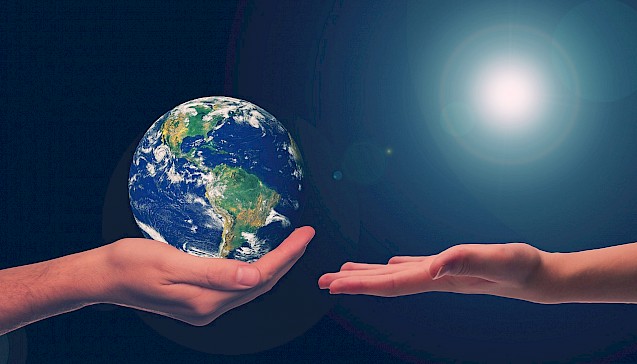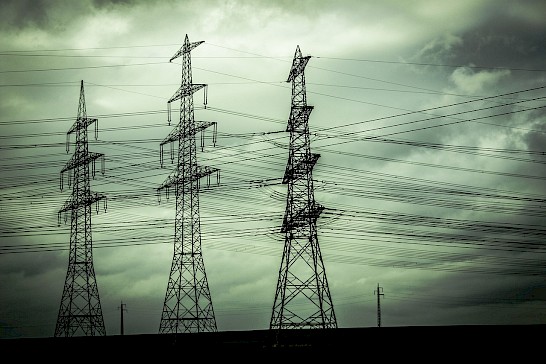
Human survival depends on access to energy
The global energy challenges are well known to face a growing demand for primary energy is expected to double by 2050 to meet the needs of 1,4 billion people currently without access to electricity and those 2,8 billion without clean cooking method, invest and upgrade aging energy infrastructure while reducing the environmental impacts of the production and use of energy. Population growth – which should after 2050 – will continue until then to reach 9 billion people on this date (at a rate of 1,1% per year, against 1,8% the past 20 years) with a strong push in developing countries should focus 80% of the world population at term

Inequality in consumption is total
An African states that on average 0.67 toe per capita per year, which is 6 times less than French, 12 times less than a North American. (Figures EDF November 2011). This, for it is alarming in Africa, should not overshadow that of energy poverty in developed countries, including the EU, where it is estimated that 75 to 125 million people encounter of extremely diffi cult to access electricity for fi nancial reasons: cost of energy, low income, etc…

A worrying global context
For developing countries:
The total absence of any clean and modern energy resource for populations who represent today 1,4 billion individuals, living essentially on the African continent. A great proportion of those populations have only fi rewood to use, delivering its share of negative consequences: time wasted gathering the fi rewood (a task usually given to women and children), exposure to fumes and sanitary impacts, deforestation, desertifi cation and emissions of CO2. With an average child mortality of 15% instead of 0,4% in developed countries and a life expectancy of 40 years, political actions are more than necessary to improve energy access because without it: no education, no cold chain, therefore no vaccines and no drinking water
For industrialized countries:
The diffi culties or even the impossibility for a large number of inhabitants to have access to clean modern energy resources, environmentally friendly, reliable and affordable, and the high cost of energy coupled with the insuffi cient income and the poor quality of thermal insulation in housing, are causes that lead millions of people to a precarious energy situation that will impact their everyday life at all levels and in all fi elds: health, education, communication and social development in general.



